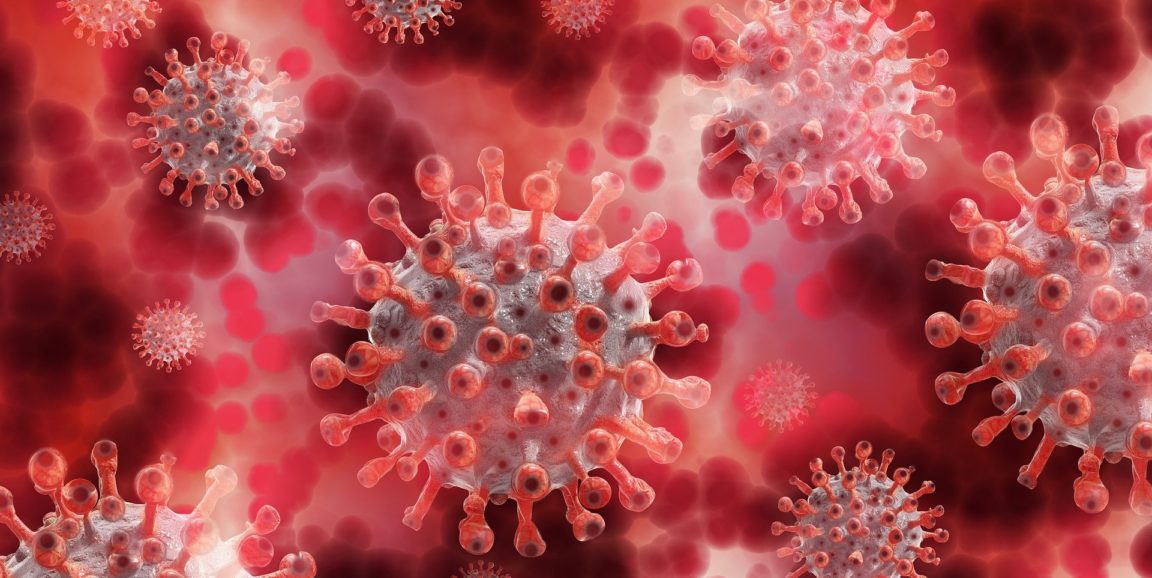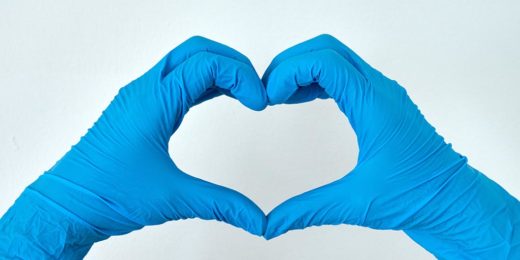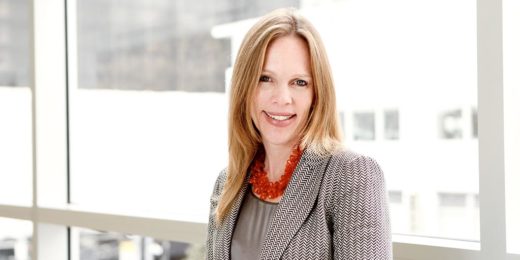Months ago, when the COVID-19 outbreak was declared a pandemic, Ariel Ganz, PhD, began searching for a way to help.
In her quest to contribute, Ganz, a postdoctoral scholar at Stanford Medicine, reached out to past and present mentors to connect with like-minded scientists who also wanted to make a difference in the COVID-19 pandemic.
In doing so, she spoke with James Phillips, a United Kingdom-based engineer at an organization called Helpful Engineering. He was considering the impact that open licensing might have on increasing testing capacity. Inspired by the idea, Ganz pursued something similar in the United States.
The result, a campaign called the Open COVID Pledge, is led by scientists and lawyers from Stanford, including professor of law Mark Lemley, JD; Michael Eisen, PhD, professor of genetics and development at the University of California, Berkeley; the University of Utah; the University of Cambridge; DLA Piper, a multinational law firm; and Creative Commons, a nonprofit organization that advocates for intellectual property to be widely shared to benefit humanity.
Many Silicon Valley companies have signed the pledge since it was launched in April, including Facebook, Microsoft, Amazon, IBM, Intel, Uber and many others. A paper describing the effort and the scope of this pledge, along with other patent pledges aimed at fighting the COVID-19 pandemic, was published today in Nature Biotechnology. Jorge Contreras, JD, professor of law at the University of Utah, is the first author of the paper.
I spoke with Ganz about the efforts to bring this pledge to fruition, what's come of it, and what she hopes it will accomplish. I've captured our conversation in this Q&A, which has been edited and condensed for clarity.
What was your motivation for creating the Open COVID Pledge?
In looking for ways to make a difference in the COVID crisis, my colleagues and I had the idea that leveraging patents and intellectual property could help address and, hopefully, help end the pandemic. If we could engage companies and others to act on that goal by making their intellectual property freely available, it would go a long way.
A lawyer on our team put it really well: It's not necessarily about the intellectual property that's available or not available. It's more about ensuring that this pool of patents is open for use, and assuring users that these patents are available to specifically fight the pandemic, with no legal backlash. That's a big step in freeing up space for people to build on what exists to accelerate discovery and solutions.
Is there precedent for opening their intellectual property to help research? And how does it work?
Although this COVID pledge is perhaps the most far-reaching, the concept of pledging resources openly is not new, and has been used in the past to open access to data, algorithms, and other (usually) scientific resources.
The pledge allows companies, organizations and institutions to open access to some or all of their intellectual property, technologies and patents at no cost and without restriction, as long as they're using it to fight the pandemic.
What's the response to the campaign been?
It's been incredibly positive. More than 30 companies, institutions or organizations have signed on to the Open COVID Pledge, which means that some or all of their licenses, technologies or patents are open, royalty-free, for other parties to use, as long as the projects are meant to combat or respond to COVID in some way.
There are so many patents available that we've even created a search engine to help potential users navigate which technologies might be best suited for their needs. We were also really excited to see that when the World Health Organization put out a Solidarity Call to Action, they included our pledge as an important part of responding to the virus.
What types of research has resulted from the effort so far?
Dozens of projects have been created from the of hundreds of thousands of relevant patents made freely available out of this effort. That includes 3D-printed respirators, touch screens that prevent the spread of infection through ultraviolet light, and blueprints for designing grocery stores to support social distancing.
Where do you see this project going?
We want to translate the pledge into all United Nations official languages. We are also in the process of onboarding a diverse advisory committee composed of thought leaders from around the world so that this can be a global effort.
We are excited to bolster Creative Commons' newly appointed project stewardship to maximize the pledge's reach across countries. We also want to better understand, within the pool of intellectual property, which types of patents or technologies are most useful. As this pledge grows, we look forward to connecting relevant users to potentially life-saving intellectual property.
As heartbreaking as the pandemic has been, it's been really inspiring to see some of the world's biggest corporations offer their intellectual property for free through this pledge.
Photo by Gerd Altmann






